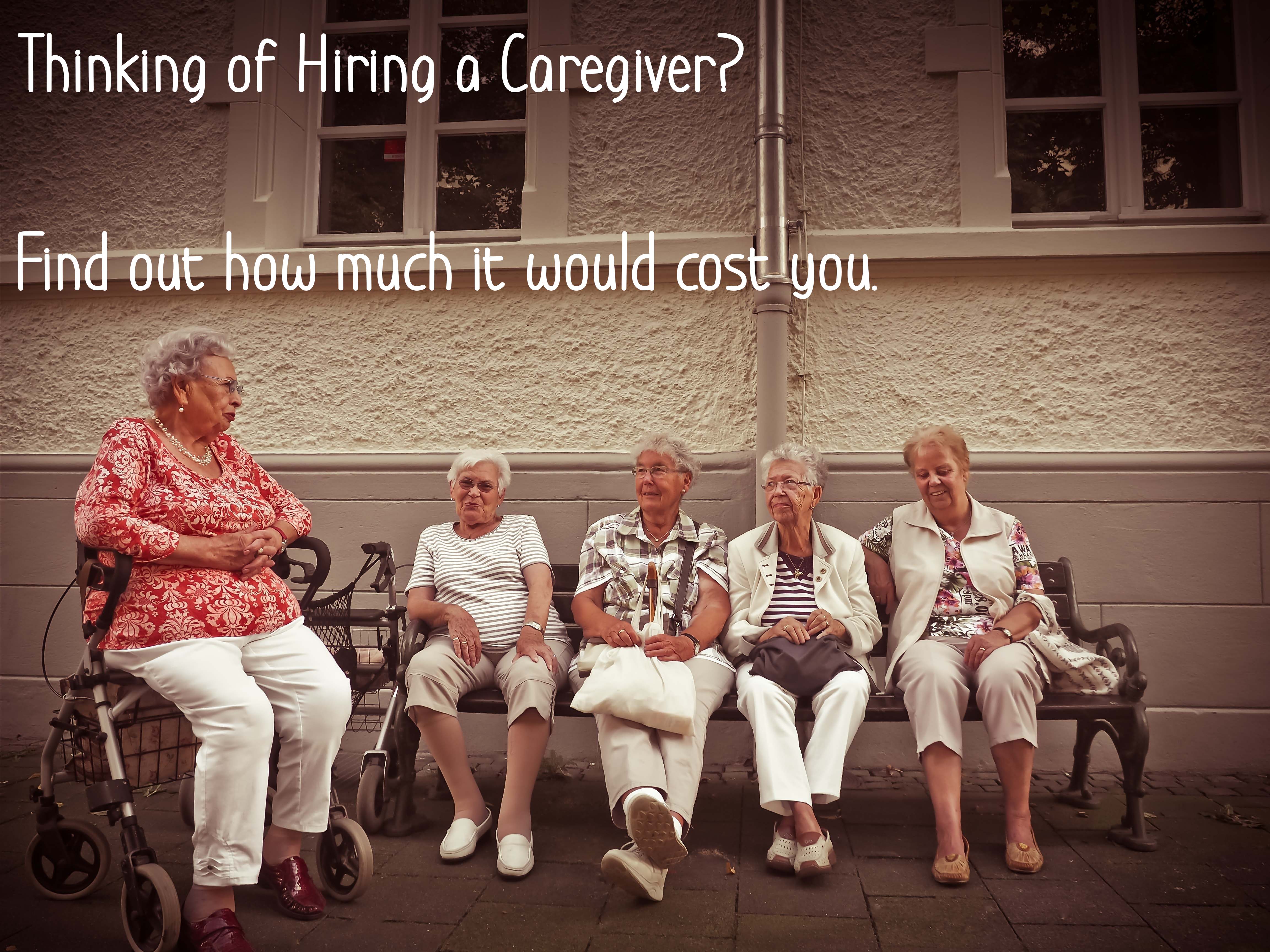Back Pain Questions Answered
 Richard Guyer, MD, a spine surgeon at the Texas Back Institute in Plano, Texas, answers important questions about back pain.
Richard Guyer, MD, a spine surgeon at the Texas Back Institute in Plano, Texas, answers important questions about back pain.
Q: When should I see a doctor about low back pain, and when can I treat it at home?
A: In most cases for an acute episode, resting a day or two, intermittent ice on the back, and ibuprofen—that is good first aid. If after a few days it’s not beginning to feel better or you have neurological symptoms—weakness, numbness, loss of bladder control—you need to see a physician. We know that 70% [of people] will get better in two to three weeks, 90% will get better within three months, and a small percentage will end up having some chronic back pain. Between 80% and 90% of people will have at least one episode of acute back pain in their lifetime; about one-third may experience intermittent pain throughout their life. Most first episodes will get better in a few days.
Q: What are things I can do every day to minimize low back pain or keep it at bay?
A: The first thing is to make sure that you’re physically fit aerobically and that you have a strong core. This entails exercises on a regular basis. Second, make sure you have a good ergonomic workstation with a good chair and a good support in your car. Practice good body posture and body mechanics. If you drop a pen, don’t bend at the waist; instead squat down, bend your knees, bring your center of gravity closer to your trunk. Lift that way, and utilize over-the-counter anti-inflammatories.
Q: Does exercise help?
A: It’s always a good option. One of the first things that we try to do when patients have a problem is we send them to therapy, where they will do two sets of exercises—those that help alleviate pain and those that help strengthen the back to prevent problems in the future and allow faster recovery.
Q: How can back pain patients help you treat them?
A: They have to take an active role to try to get better. It’s a multifactorial approach: make sure they are aerobically fit, do core stabilization exercises, have good body mechanics, don’t smoke—we now know that contributes to degenerative disk disease—and, last thing, make sure they are close to their ideal weight.
To continue reading CLICK HERE.
Source: http://www.health.com
- Tags: Uncategorized
- Professional Medical














Comments 0